Lebanon’s firm stance, Hezbollah efforts forced Israel to retreat in sea border row: Hezbollah MP
A senior Hezbollah lawmaker says Lebanon’s firm position and the resistance movement’s efforts helped the country safeguard its maritime rights in indirect talks with the Israeli regime and eventually forced the Zionist enemy to retreat.
MP Hussein al-Jishi was reacting on Tuesday to a draft agreement reportedly reached between Lebanon and Israel that would potentially end a long-running maritime border dispute in the gas-rich Mediterranean Sea.
Lebanese leaders have yet to make an official announcement on the deal, which still needs approval in both Lebanon and Israel, but President Michel Aoun said in a tweet Tuesday that “the final version of the offer is satisfactory for Lebanon and answers its demands and preserves its rights to its natural wealth.”
Jishi, a member of Hezbollah’s Loyalty to the Resistance bloc, referred to Israel’s threats of military action against Lebanon in the run-up to the agreement, saying those “empty” threats were rooted in the regime’s frustration with its inability to benefit from Lebanon’s maritime gas and oil resources.
Those threats, he added, were merely aimed at “raising the morale of the Israeli occupation army and settlers,” but the Israelis eventually had to retreat in the face of Lebanon’s firm stance on its maritime rights and Hezbollah’s efforts.
He also highlighted the role of Hezbollah in the victory for Lebanon.
“Had it not been for this (resistance) force that frightened the enemy, we would not have been able to retrieve and maintain our rights,” said Jishi, adding, “The evidence to the impact of this deterrence force is the fact that Lebanon did what no UN resolution or Human Rights Organizations could do: the liberation most of Lebanon’s occupied territory (in 2000).”
Jishi underscored the necessity of forming a government before the end of October 2022, reiterating that having an effective government in power is the key to tacking the crises gripping Lebanon, including the unjust sanctions imposed by the US on the Arab nation.
Similarly, Lebanon’s caretaker Prime Minister Najib Mikati also said, “The unified Lebanese stance and the country’s adherence to its rights and demands have led to this positive outcome.”
He made the statement as he received a copy of the final draft of the maritime border demarcation deal with the Israeli regime during his meeting with Parliament Deputy Speaker Elias Bou Saab.
The Lebanese premier said Tuesday he asked French company TotalEnergies to begin gas exploration in the country’s territorial waters.
After submitting the United States-brokered final draft of the deal to President Aoun on Tuesday, Lebanon’s negotiator Elias Bou Saab said, “Lebanon has obtained its full rights, and all of its remarks have been taken into account.”
“The maritime demarcation file has been completed and placed in the custody of the president,” Bou Saab said from the Presidential Baabda palace, noting that “the agreement is fair.”
Lebanon and the Israeli regime carried out five sessions of indirect talks on the demarcation of maritime borders starting 2020, with the latest round held in May 2021. Since the negotiations kicked off, Hezbollah declared that extraction of gas from Karish without guarantees to Lebanon that it will be able to explore and extract its maritime resources is a red line.
The talks were supposed to discuss a Lebanese demand for a maritime area of 860 square kilometers (332 square miles) rich in natural gas and oil, according to maps sent by both sides to the UN in 2011.
Israel clearing northern Gaza land for settlements: Report
Gaza deadliest place for journalists and aid workers: UNRWA chief
Israel claims body of final captive recovered from Gaza
VIDEO | Armed gangs in Gaza at center of brewing power struggle over civil administration
3,500 Iranian cultural, media figures support Leader amid Trump’s threats
Hezbollah chief: New US-Israeli war on Iran will set entire region ablaze
UAE says will not allow its airspace, territory to be used for attacks on Iran
VIDEO | Press TV's news headlines


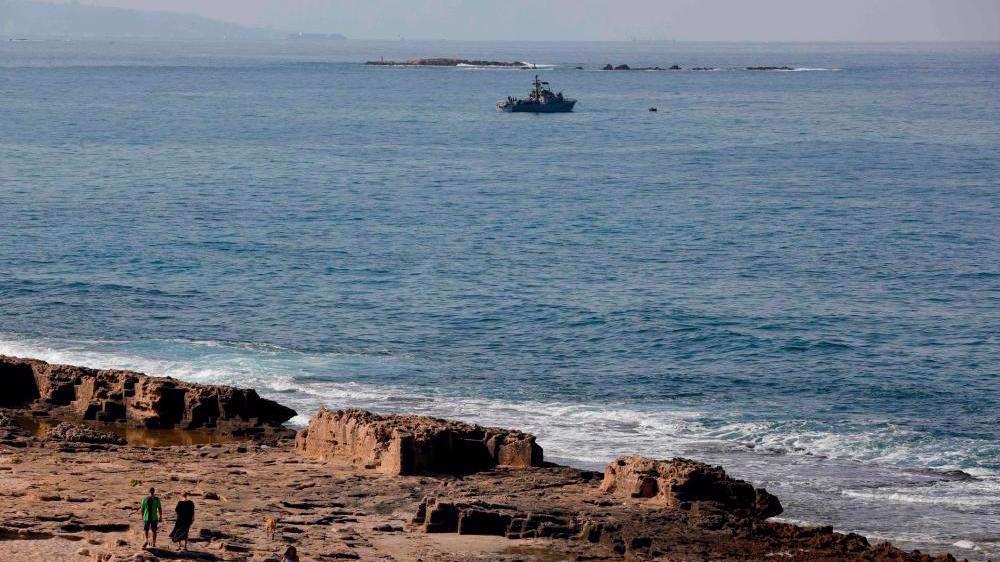
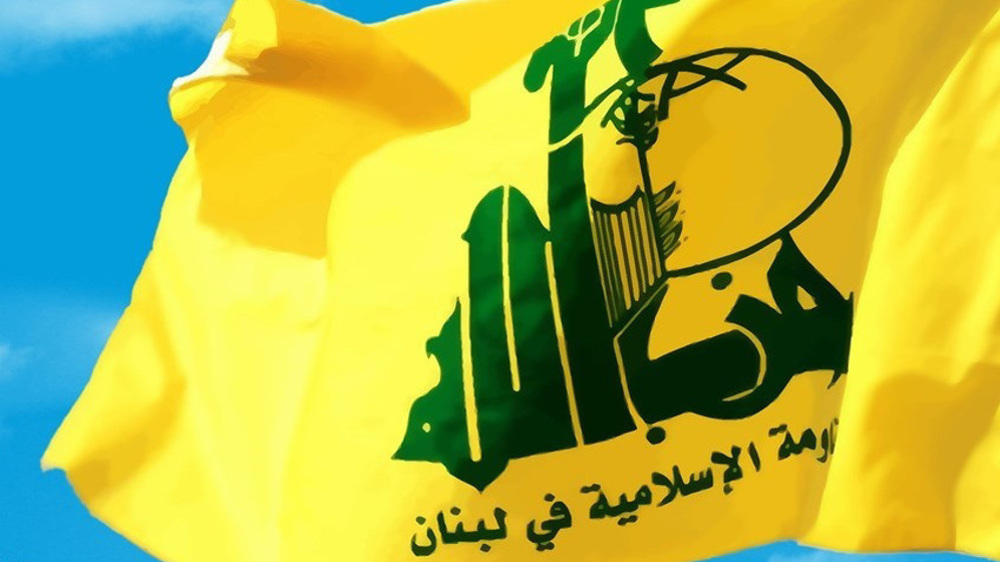
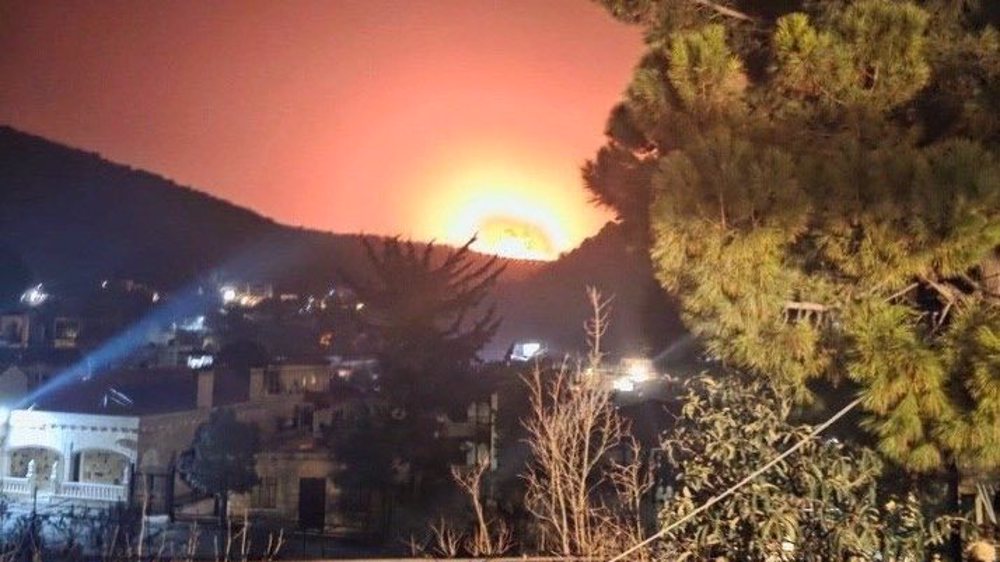
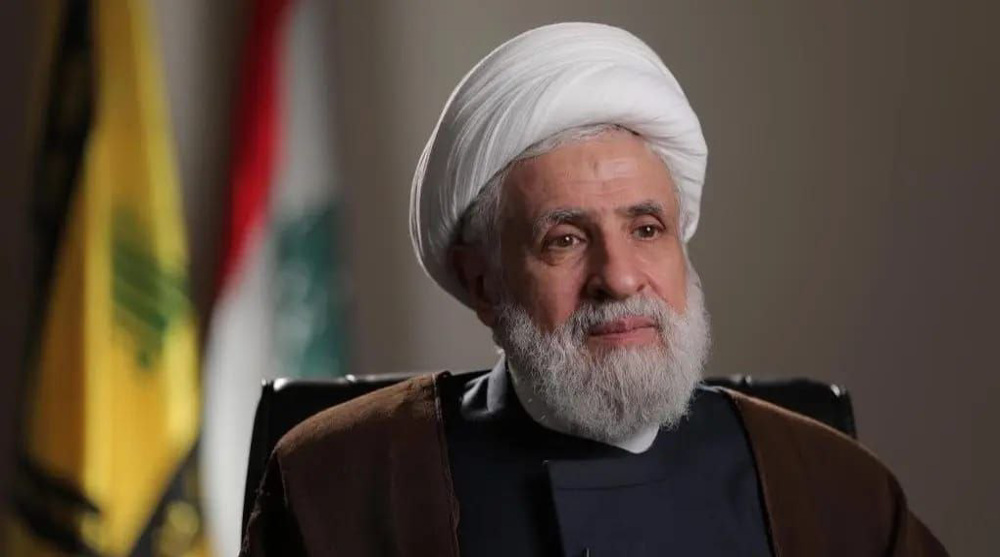
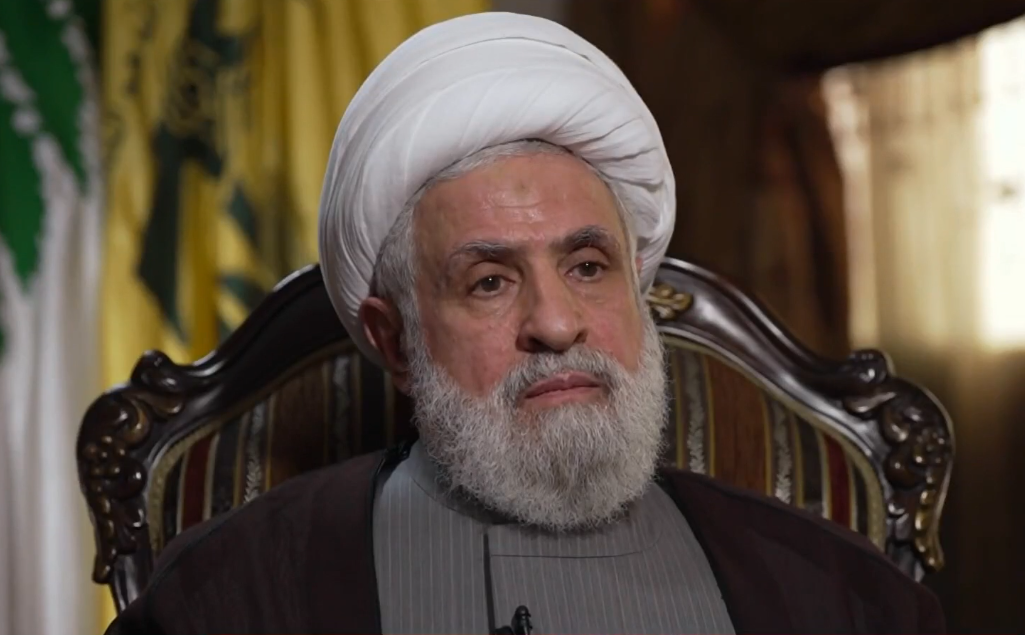




 This makes it easy to access the Press TV website
This makes it easy to access the Press TV website